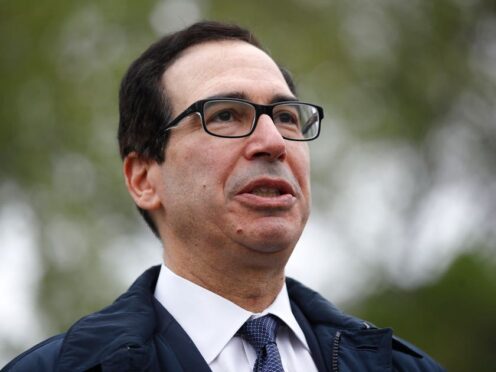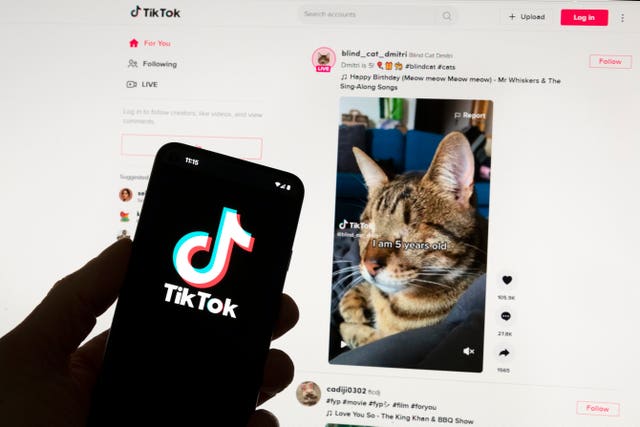
Former US treasury secretary Steven Mnuchin has said he is going to put together an investor group to buy TikTok, a day after the House of Representatives passed a Bill that would ban the popular video app in America if its China-based owner did not sell its stake.
TikTok, which has more than 170 million American users, is a wholly-owned subsidiary of Chinese technology firm ByteDance Ltd.
Speaking on CNBC’s Squawk Box, Mr Mnuchin said that he believed TikTok should be sold.
“This should be owned by US businesses. There’s no way that the Chinese would ever let a US company own something like this in China,” Mr Mnuchin said.
Mr Mnuchin, the US treasury secretary under former president Donald Trump, did not provide details about who else may be included in the investor group he planned on forming or TikTok’s possible valuation.

TikTok did not immediately respond to a request for comment.
Big tech companies could afford to buy TikTok but would be likely to face intense scrutiny from antitrust regulators in both the US and China. Then again, if the Bill actually became law and survived First Amendment court challenges, it could make TikTok cheaper to buy.
The House Bill, passed by a vote of 352-65, now goes to the Senate, where its prospects are unclear. House lawmakers had acted on concerns that TikTok’s current ownership structure was a national security threat.
Lawmakers in the Senate indicated that the measure would undergo a thorough review. Senate Majority Leader Chuck Schumer has said that he would have to consult with relevant committee chairs to determine the Bill’s path.
President Joe Biden has said if Congress passes the measure, he will sign it.
TikTok has long denied that it could be used as a tool of the Chinese government. The company has said it has never shared US user data with Chinese authorities and would not do so if it was asked.
To date, the US government has also not provided evidence that shows TikTok has shared such information with Chinese authorities.

Enjoy the convenience of having The Sunday Post delivered as a digital ePaper straight to your smartphone, tablet or computer.
Subscribe for only £5.49 a month and enjoy all the benefits of the printed paper as a digital replica.
Subscribe